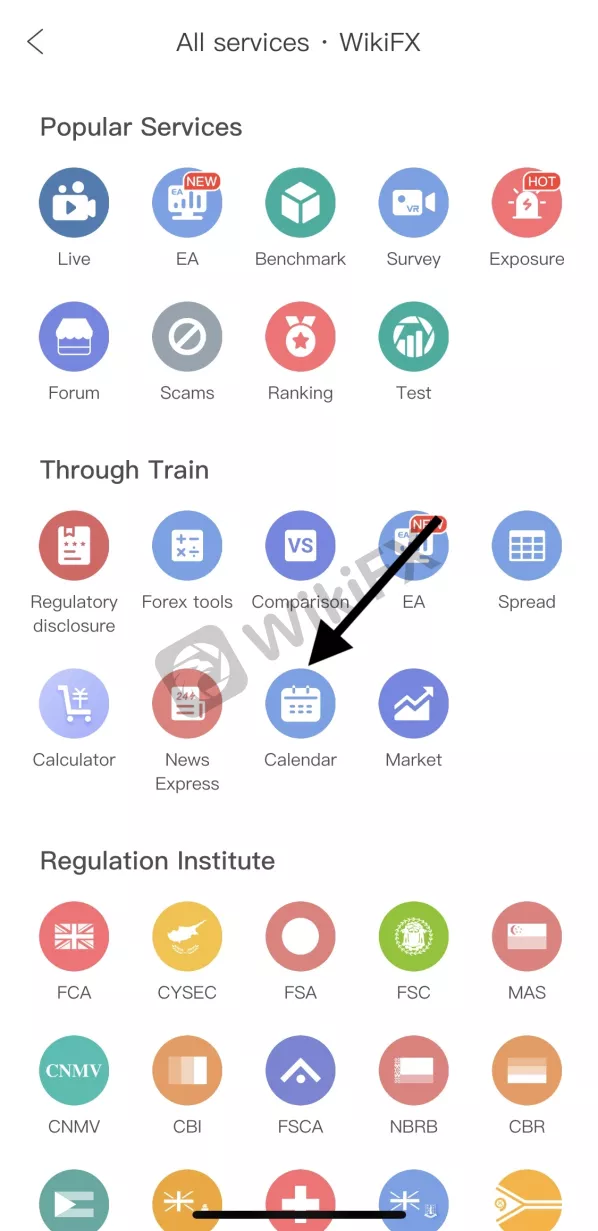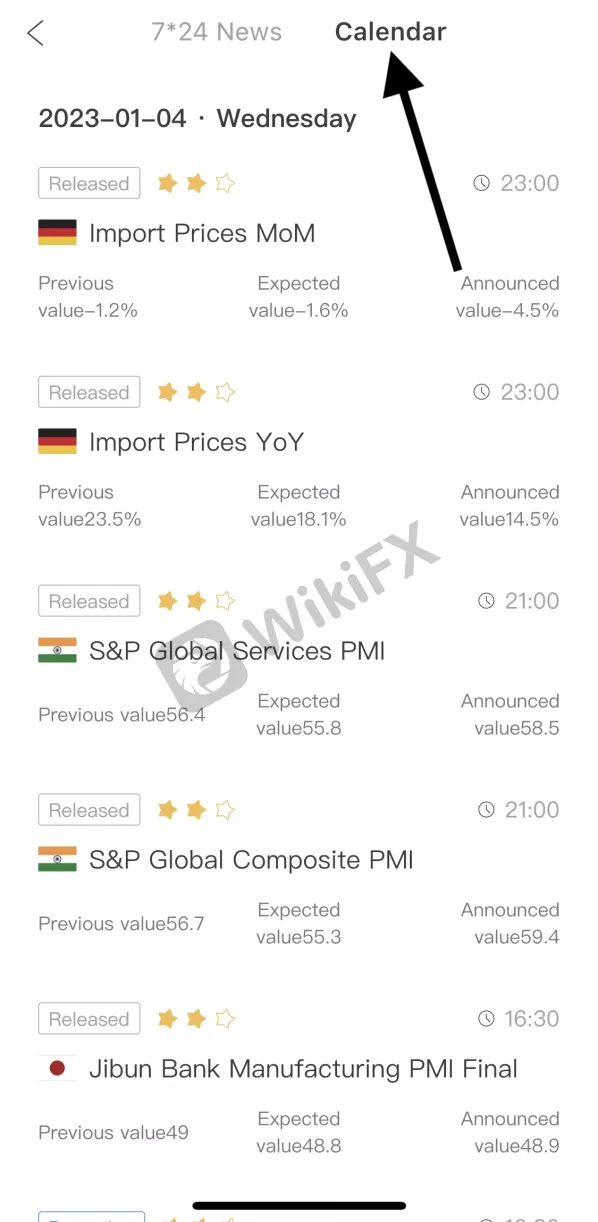
IMF managing director Kristalina Georgieva said on CBS Sunday morning news programme Face the Nation that 2023 will be tougher than 2022 as the world's major economies, namely the United States, European Union and China, are simultaneously experiencing slowdowns. She brazenly anticipated that a recession could hit and impact at least 1/3 of the global economy with a significant ripple effect.
The IMF revised its forecast for global economic growth in 2023 in October, taking into account the ongoing negative effects of the conflict in Ukraine, inflationary pressures and the high interest rates imposed by central banks like the U.S. Federal Reserve to quell those price pressures.
According to Georgieva, China, the second-largest economy in the world, is likely to grow at or below global growth for the first time in 40 years as Covid-19 cases rise due to the country's ultra-strict zero-Covid policy being abandoned. She predicted that the coming months would be difficult for China, which would harm the country's growth and that of the region and the entire world.
Simultaneously, economists from renowned investment banks and trading firms, including companies like UBS Group AG, T.D. Securities Barclays PLC, and Bank of America Corp, are also expecting a recession. They spot a series of traditional recession predictors, including banks tightening their lending criteria and decreasing demand to levels typically seen during recessions. The leading economic indicators compiled by the Conference Board have declined for nine consecutive months, reaching levels that have historically come before recessions. Additionally, indicators that monitor overall business activity, as well as the manufacturing and service sectors, have reached some of their lowest points since the Covid-caused 2020 recession.
Furthermore, U.S. government bonds with maturities of three months to two years offer higher yields than those of ten, twenty, or thirty years. Since World War II, this so-called inverted yield curve has preceded every U.S. recession.
According to economists, the Federal Reserve, which has been raising rates for months to slow the economy and control inflation, is primarily to blame. Despite recent reductions, inflation remains significantly higher than the Fed's preferred target.
The Federal Reserve increased interest rates seven times in 2022, raising the benchmark from a 0% to 0.25% range to its current range of 4.25% to 4.50%, a 15-year high. Rates will continue to rise, officials indicated in December, to between 5% and 5.5% in 2023.
The U.S. job market will be a central focus for Federal Reserve officials who would like to see demand for labour slacken to help undercut price pressures. The first week of the new year brings a raft of critical data on the employment front, including Friday's monthly nonfarm payrolls report, which is expected to show the U.S. economy minted another 200,000 jobs in December and the jobless rate remained at 3.7% – near the lowest since the 1960s.
Our Economic Calendar highlights the significant occasions and economic data published by the nations with the most active currency markets. On any given week, there may be several scheduled events. Though not all of them share the same level of importance, keeping up with them is tedious. Thankfully, our Economic Calendar also makes it simple to determine the relative significance of each event. All you need is to judge it by the stars! Given this Fridays data is bound to be an important event that you need to pay extra attention to.



A gentle reminder before we end this article today:
Even if a recession could bring about despairing and desperate financial situations, please do not recklessly participate in get-rich-quick schemes or money games. Remember, in the world of investing, protecting your capital is the most important survival rule – not doing anything is always better than risking it off in a negligent manner. Therefore, do take a few seconds to do a thorough background check on the nature and business operation of your selected broker(s) at least once every 6 months. Simply download the free WikiFX mobile app from Google Play/App Store and get access to verified information of over 41,000 brokers worldwide at your fingertips.

Leave a Reply